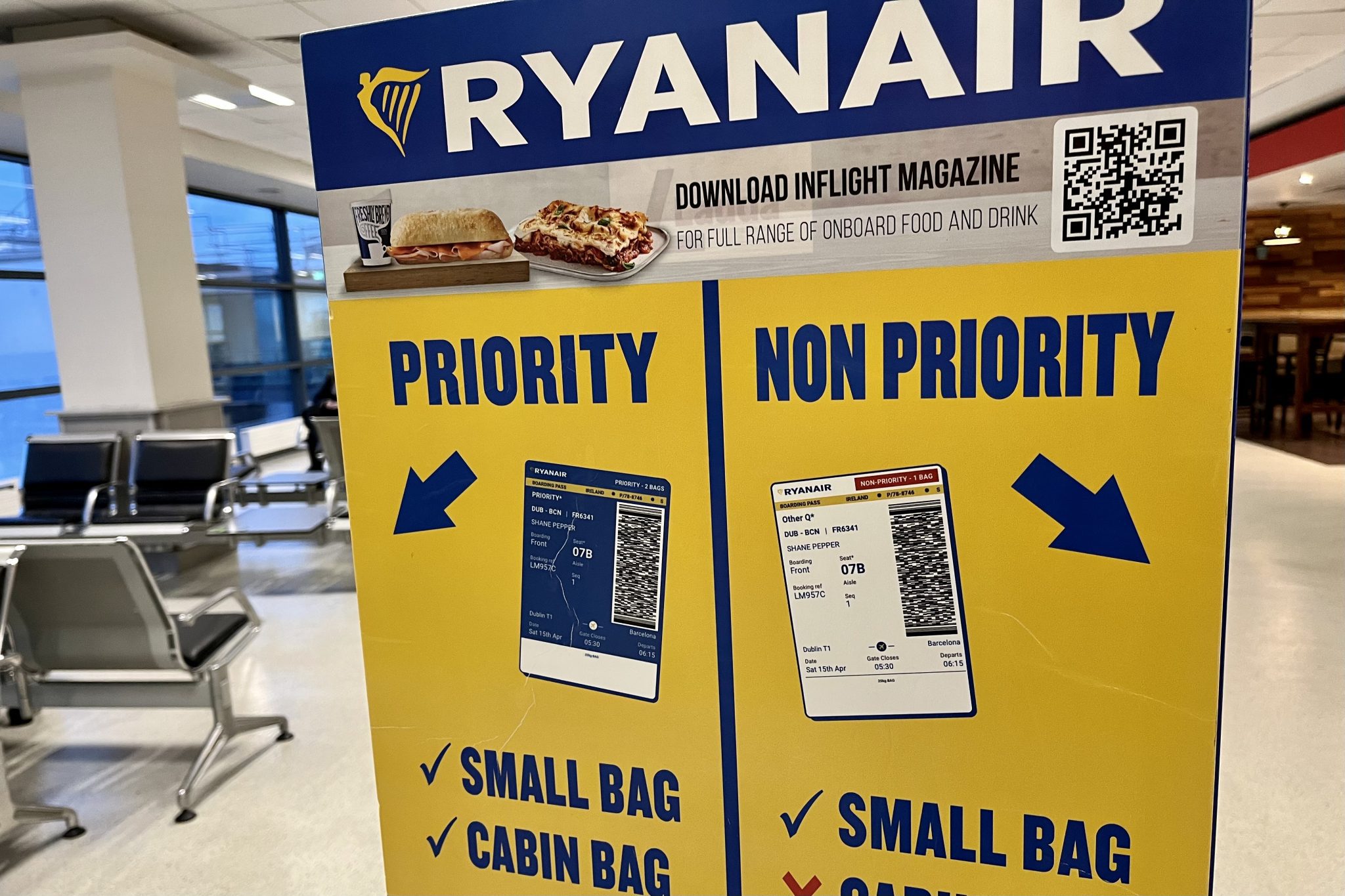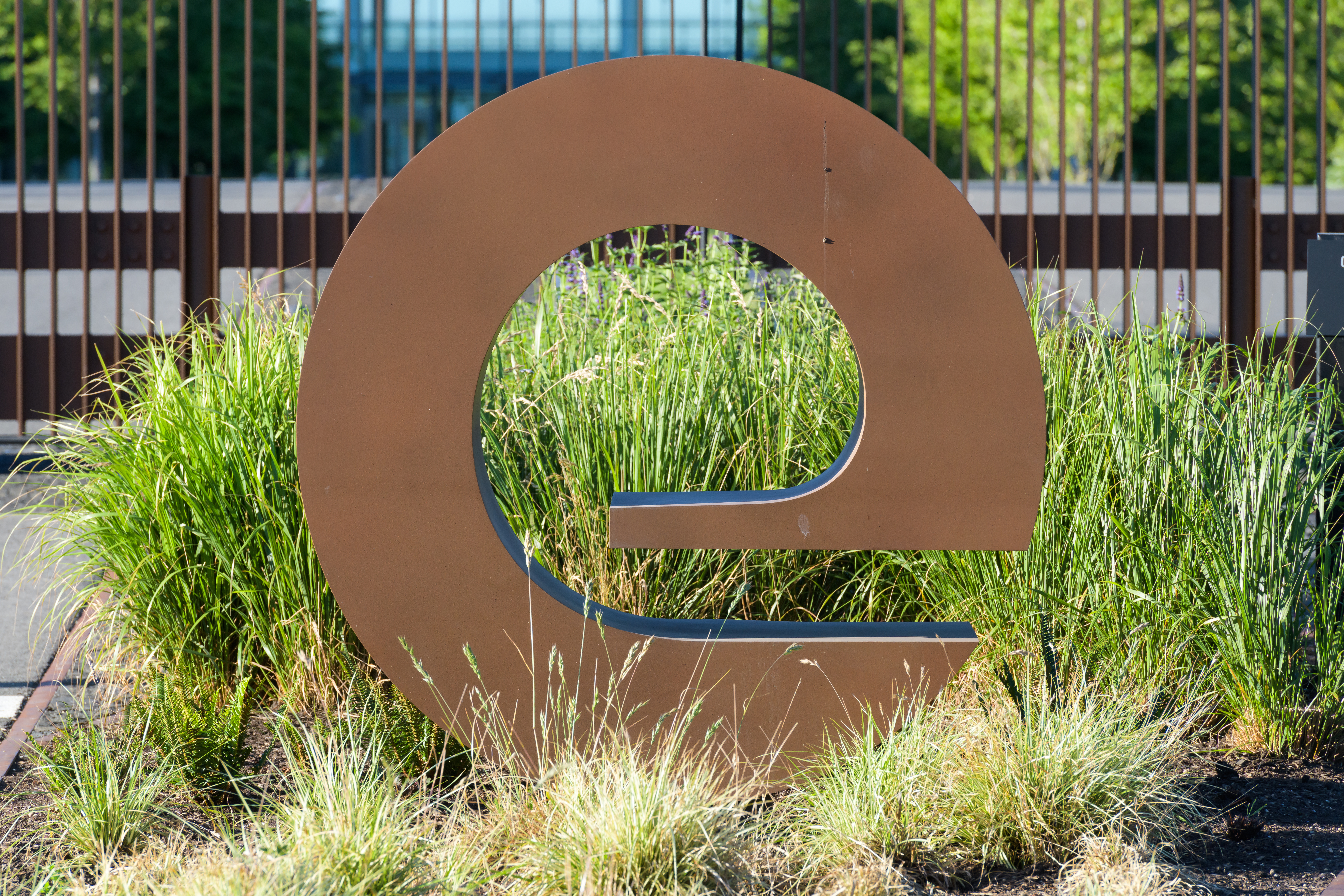Emirates Looks to Become World's Largest Airline With Potential Takeover of Etihad
Skift Take
Emirates is seriously considering taking over Etihad Airways to create what would be the world's largest airline measured by passengers carried, Bloomberg reported Thursday.
For commericial reasons, a move would make sense. The two airlines have hubs in the United Arab Emirates a little more than an hour apart by car, and would be well served to combine much of their operations at one airport to increase efficiency.
Moreover, while Dubai-based Emirates remains among the word's stronger airlines, despite recent hiccups, Etihad is not. It has been struggling to maintain costs after a massive expansion campaign led by its former CEO, James Hogan, flopped.
Hogan tried to build Etihad into a major global presence by taking stakes in failing airlines, including Alitalia, and Air Berlin. Etihad has been shrinking, cutting routes like Abu Dhabi to Dallas/Fort Worth. The airline has also been slashing jobs and restructuring operations.
Bloomberg reported the talks are at the preliminary stage and noted a deal cannot happen with out approval from the "richest sheikhdoms" in the United Arab Emirates. The Bloomberg story cited people familiar with the matter.
In an email to Skift, an Emirates spokeswoman said, "there's no truth to this rumour."
The news does not come as a major surprise, though both airlines in recent months have downplayed talk of a possible merger. Instead, the leaders of both carriers have said they're more open to working together, where possible.
In January, Emirates said it would start assisting Etihad's internal security team. In June, Etihad said it would let its pilots temporarily join Emirates, which had more urgent need for them, according to Reuters.
In an interview on Sept. 6 in London at the Aviation Festival, Emirates President Tim Clark parried a question about whether the two airlines would merge, saying he was focused on cooperation, not an acquisition.
"Work together, probably, in areas that do not impinge on anti-competitive laws," Clark said. "There are multiple synergies where we could work together, and we are working with them a lot closer than we did. It makes eminent sense to remain competitors but work together where we can for back of the house stuff."




